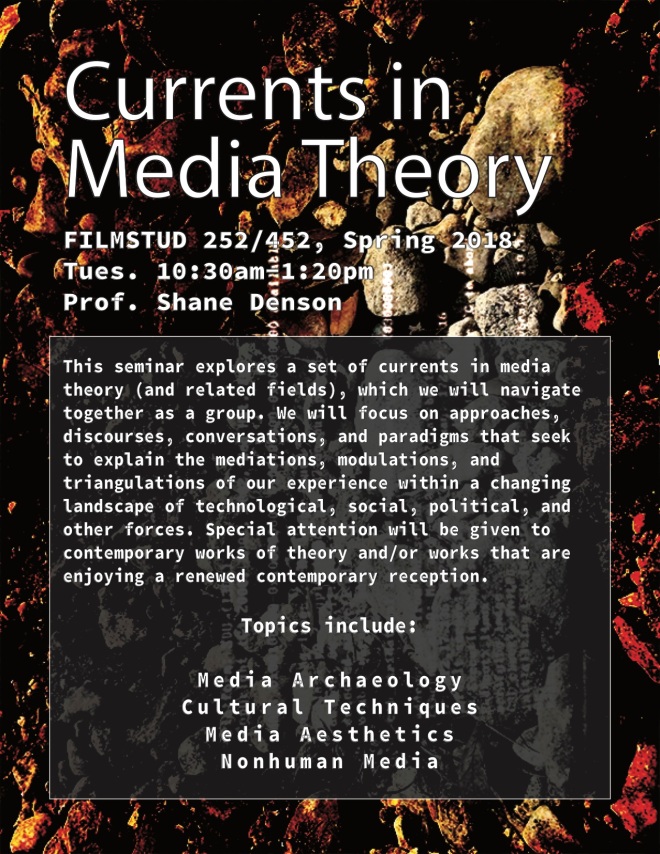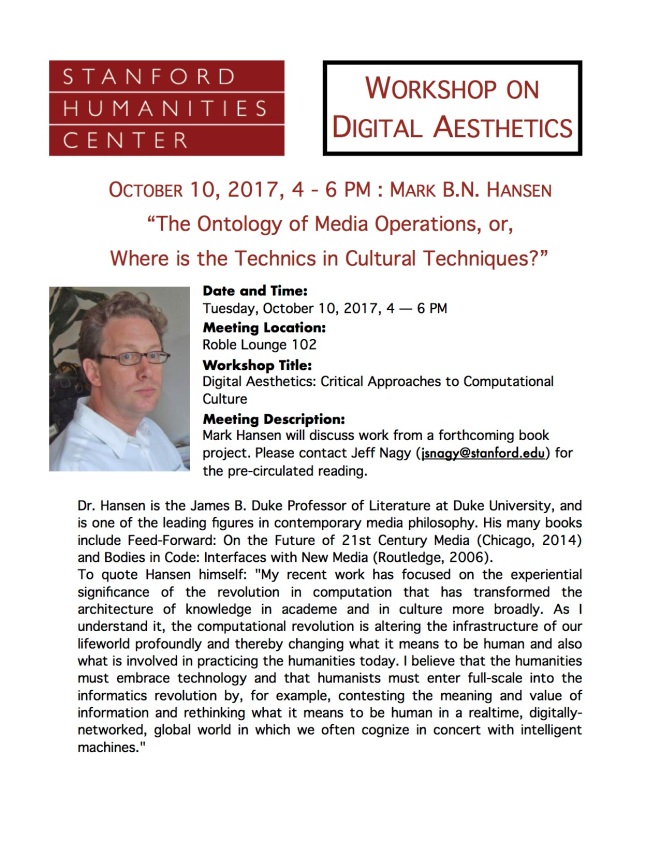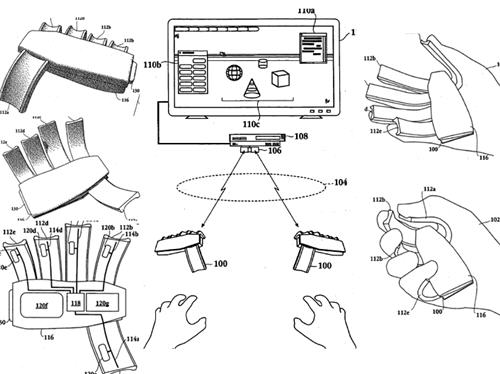
We’re delighted to welcome our next speaker for the Digital Aesthetics Workshop, the first of the Spring quarter. Sybille Krämer present on “The Productivity of Artificial Flatness: On Digitality, The Cultural Technique of Flattening, and Artificial Intelligence” on Tuesday, April 8, from 5-7pm PT. The event will take place in the Board Room at the Stanford Humanities Center, where refreshments will be served.
Zoom link for those unable to join in-person: tinyurl.com/38vjpaz6
Abstract:
Do chatbots understand human language? This is one of the most debated issues about contemporary artificial intelligence, oscillating between the opposing answers ‘able to understand’ (meaning-sensitive) and ‘unable to understand’ (meaning-blind). In this talk, I argue in favor of meaning blindness by highlighting several issues that are not considered enough in the debate. My arguments are based on a media-philosophical and cultural-technical approach. Artificial intelligence is becoming a ‘cultural technique’ in transitioning from print culture to digital literacy. However, it is an alien and non-human kind of performing intelligence and processing language. Not similarity and homology but difference and diversity are the foundations for successful interaction between humans and AI. This is explained by analogy with the ‘cultural technique of flattening’: Projecting visual and textual information into the two-dimensionality of inscribed and illustrated surfaces is not deformation and impoverishment, but a creative force. What is the key to the scientific and artistic productivity of artificial flatness (images, writings, diagrams, maps, screens)? And what is the connection between the cultural technique of flattening and Chatbots’ token-statistical operations?
Speaker Bio:
Sybille Krämer was a Full Professor for Philosophy at the Free University Berlin; since retirement in 2018, a guest professor at the Institute Cultures and Aesthetics of Digital Media, Leuphana University Lueneburg. Previously a member of the German ‘Scientific Council’ (2000-2006), of the European Research Council (2007-2014)); member of the ‘Senat’ of the ‘German Research Foundation’ (2009-2015), ‘Permanent Fellow’ at the ‘Wissenschaftskolleg’ zu Berlin/ Institute for Advanced Study (2005-2008). Several International Visiting Professorships and Fellowships (Oxford, UC Santa Barbara, Yale, Vienna, Seoul, Shanghai, Tokyo); 2016 Honorary Doctorate by Linköping University/Sweden.
This event is generously co-sponsored by the Stanford Literary Lab.


